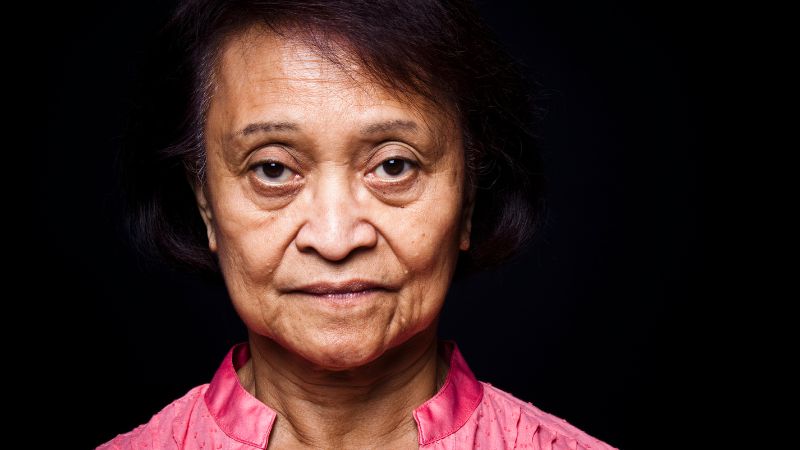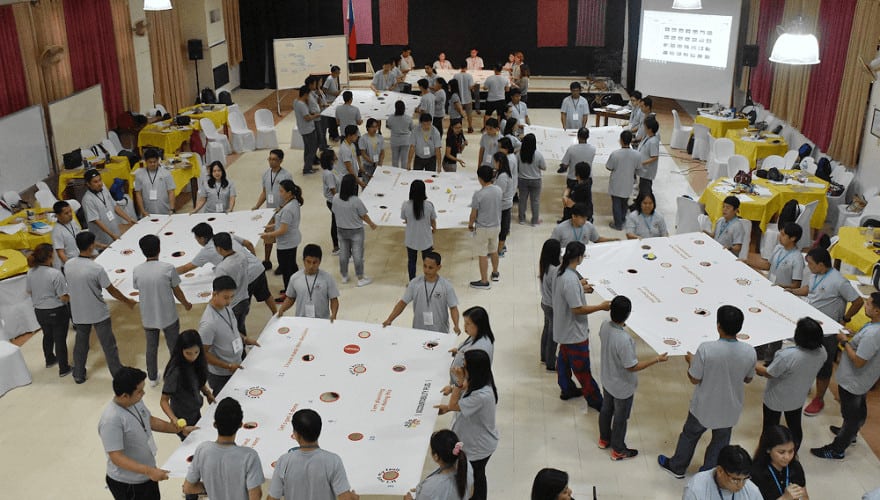Violence against women isn’t just someone else’s problem—it’s ours. It happens around us, sometimes so subtly we don’t even realize it. But here’s the thing: we can do something about it.
Change doesn’t have to start with a grand gesture. It starts in the everyday moments—moments where we choose to act differently. Here’s how we can turn things around, one decision at a time.
Speak Up, Even When It’s Uncomfortable
Imagine you’re at a family reunion. Tito Boy cracks a joke:
“Buti na lang lalaki ako, mas matalino!”
Everyone laughs nervously. Nobody wants to ruin the mood. But staying silent sends the wrong message.
So you pause, take a breath, and say,
“Tito, baka mas maganda kung respeto ang pag-usapan natin. Women are just as capable as men.”
Sure, it feels awkward at first. But you’ve planted a seed. You’ve shown that disrespectful comments aren’t funny—they’re harmful.
Educate Yourself and Others
Sometimes, ignorance feeds the problem. You’re scrolling on Facebook, and a friend shares a post: “Kung gusto nilang umalis, aalis sila.”
It’s tempting to just ignore it, but silence lets myths grow. Instead, you comment:
“Actually, maraming victims stay dahil takot sila o wala silang options. We should focus on supporting them, not judging them.”
Then you share a hotline or a helpful link. That one comment might change someone’s perspective. Conversations like these build awareness—and awareness builds action.
Support Survivors
A friend confides in you:
“My boyfriend slapped me, pero okay na kami ngayon.”
What do you say? It’s easy to panic or brush it off, but those responses isolate survivors. Instead, try this:
“You don’t deserve to live in fear. Let’s find someone who can help. I’ll support you every step of the way.”
You don’t need to solve everything—you just need to listen and offer your presence. Sometimes, that’s the lifeline they need.
Volunteer or Donate
Now, let’s talk action. What can we do for the bigger picture?
Imagine the barangay captain announces during a meeting:
“May kaso ng pambubugbog, pero wala tayong resources para tulungan sila.”
Instead of just shaking your head, you step up:
“Captain, paano tayo pwedeng tumulong? Maybe we can organize a fundraiser or post hotlines around the community.”
Your initiative could be the first step to real support for victims.
Rethink “Toxic Filipino Traits”
Our culture is beautiful, but let’s admit it: sometimes, we excuse harmful behaviors as “normal.”
Take Carla at work. She presents an idea in a meeting, and a male coworker interrupts, claiming it as his own. The manager nods along. Carla stays silent to avoid conflict.
This time, you speak up:
“I think Carla was making an important point. Let’s hear her out.”
Small moments like this show everyone that respect and fairness aren’t optional—they’re required.
Raise the Next Generation Differently
Change doesn’t stop with us—it starts with how we raise the next generation.
Picture this: your son comes home and says he pushed a girl at school because, “Girls are weak.” The teacher scolds him, but at home, you brush it off:
“Normal lang ‘yan sa mga bata.”
What if, instead, you said:
“Anak, maling-mali ang ginawa mo. Lahat ng tao, babae man o lalaki, deserve ng respeto. Bukas, humingi ka ng tawad sa classmate mo.”
Your son learns an early lesson about kindness and accountability—one he’ll carry for life.
Be Visible, Be Vocal
Sometimes, showing up makes all the difference.
Your barangay announces a march to support women’s rights. You think about going, but then decide, “Parang hindi naman kailangan.” The march passes quietly, unnoticed.
Next time, you join. You bring your family, wear orange, and share a post on social media:
“Today, we marched to end violence against women. Every voice counts—this is mine.”
Suddenly, others are asking how they can help. Your action inspires more people to take a stand.
Hold Leaders Accountable
This fight isn’t just about individuals—it’s about the systems that allow violence to thrive.
At a town hall, the mayor dismisses domestic violence statistics:
“Isang pamilya lang naman ‘yan. Let’s focus on bigger problems.”
But you raise your hand and ask:
“Mayor, kahit isa lang, hindi ba karapat-dapat tulungan? Ano ang plano ninyo para sa kababaihan ng barangay?”
You’ve turned a blind spot into a spotlight. Leaders act when their communities demand it.
It’s Time to Rewrite the Story
These aren’t abstract ideas—they’re real moments we all encounter. And in every moment, we have a choice: to look away or step in.
Violence against women isn’t just about women—it’s about all of us. Every time we choose respect, action, and accountability, we’re rewriting the story.
It’s time. Let’s start rewriting—together.
If you want Filipino values to show up as real behavior at work…
Let’s turn it into a culture shift experience.
→ Shift Experiences




